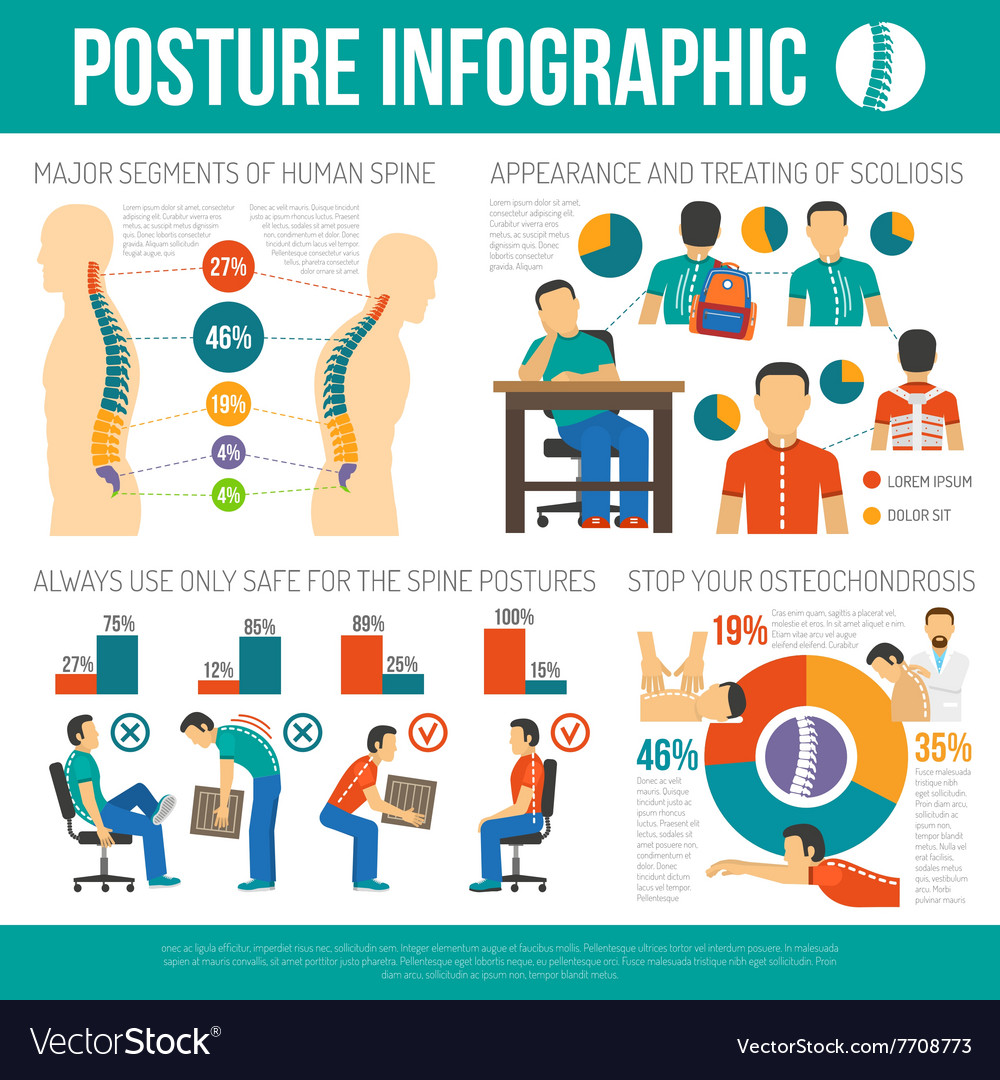Just When You Believe Relief Is Near, Soft Tissue Treatment Exposes Its Uncomfortable Facts-- Uncover Why The Process Can Be Uncomfortable Yet Useful
Just When You Believe Relief Is Near, Soft Tissue Treatment Exposes Its Uncomfortable Facts-- Uncover Why The Process Can Be Uncomfortable Yet Useful
Blog Article
https://elliottfxofc.tusblogos.com/33276878/boost-your-video-game-important-sports-massage-techniques-for-ideal-recovery By-Vazquez Conradsen
When you undergo soft Tissue treatment, you could locate it remarkably awkward. This pain develops as pressure is put on stressful muscles and broken tissues, triggering your pain receptors. While it can really feel traumatic in the moment, there's a factor behind this sensation. Comprehending what takes place in your body during these therapies can help you value the procedure. So, what exactly is going on beneath the surface?
The Physiology of Pain Throughout Soft Tissue Treatment
When you go through soft Tissue therapy, your body's response to discomfort is a complicated interaction of physical procedures. As the therapist uses pressure, your body turns on discomfort receptors, sending signals to your brain. This sets off the launch of natural chemicals, such as material P and glutamate, which amplify the sensation of pain.
Your muscular tissues may also tense up in feedback, more making complex the experience. On top of that, your body may launch endorphins, all-natural painkillers that can assist alleviate some pain.
The communication between these procedures can create an one-of-a-kind experience for each person. Comprehending this physical feedback helps you navigate the feelings during treatment, permitting you to value the balance between pain and the potential for recovery advantages.
The Duty of Pain in the Healing Process
Although pain during soft Tissue treatment can really feel overwhelming, it plays a critical duty in the recovery procedure. When you experience pain, your body is indicating that it's functioning to fix broken tissues. This response aids boost blood circulation to the affected area, providing vital nutrients and oxygen needed for recovery.
Furthermore, pain can advertise the launch of endorphins, your body's all-natural pain relievers, developing a sense of relief post-treatment. Welcoming this pain can aid you understand your body's limitations and motivate you to attend to underlying problems.
While probiotics capsules , this process is essential for lasting recuperation and boosted feature. Identifying pain as an important part of recovery can equip you to remain committed to your therapy.
Tips for Handling Pain During and After Therapy
Handling pain during and after soft Tissue therapy can significantly boost your overall experience and recuperation.
To start, interact honestly with your therapist about your pain levels; they can change strategies appropriately. Using deep breathing methods can likewise help you relax and reduce discomfort.
Consider using ice to the treated location post-session to reduce inflammation and numb discomfort. Staying hydrated help in the recovery process, so consume lots of water.
Mild extending and light activity after treatment can promote blood flow and ease rigidity. Last but not least, ensure you obtain ample remainder to allow your body to recover.
Applying these suggestions can make your soft Tissue treatment much more manageable and delightful.
Final thought
Finally, while soft Tissue therapy can be awkward, it's important to recognize that this discomfort plays an important duty in your recovery journey. By understanding the physical actions at play, you can come close to the therapy with an extra favorable frame of mind. Keep in mind, the initial discomfort usually gives way to alleviation as your body releases endorphins. Accept the process, and do not hesitate to utilize the suggestions for taking care of discomfort to enhance your experience and recuperation.
